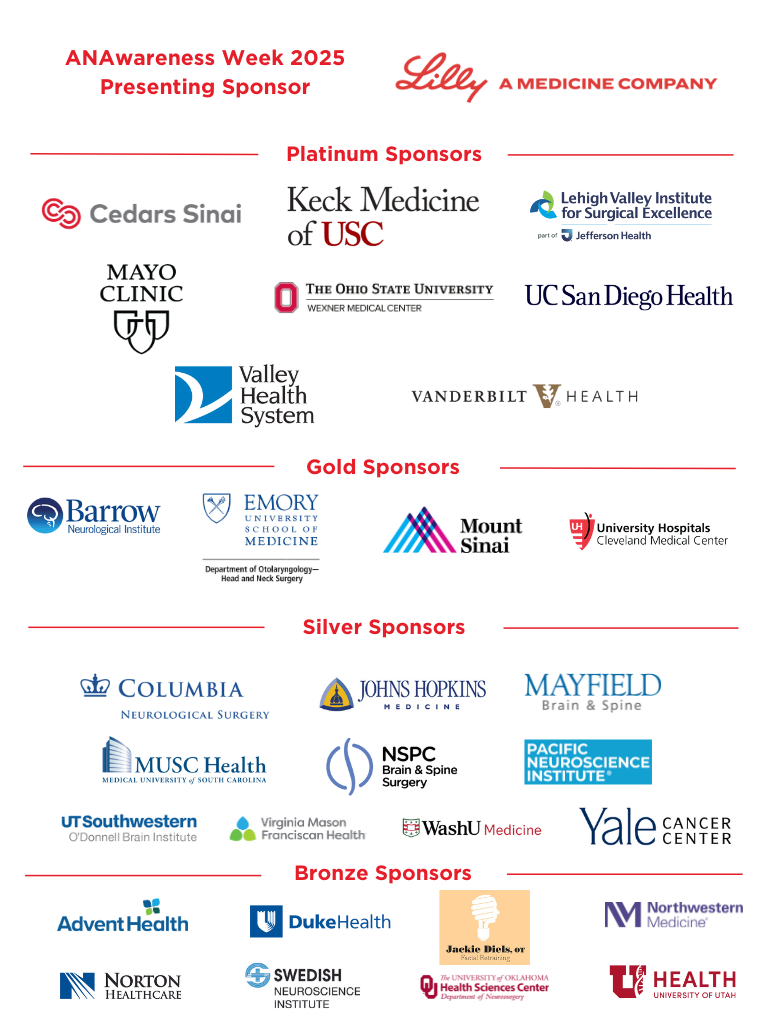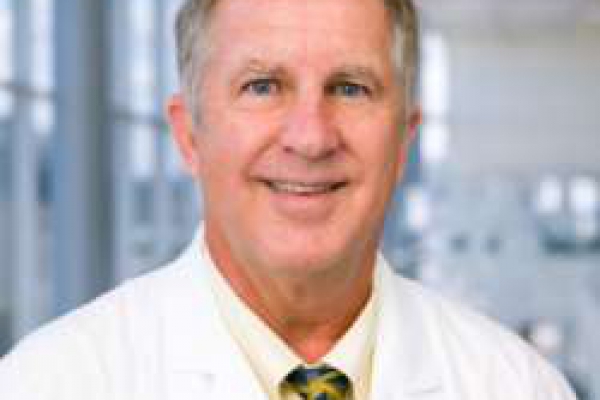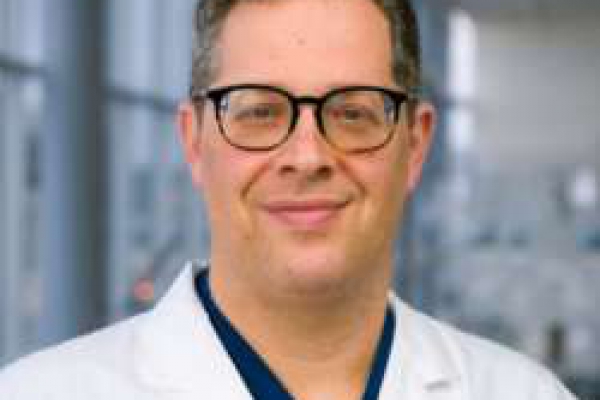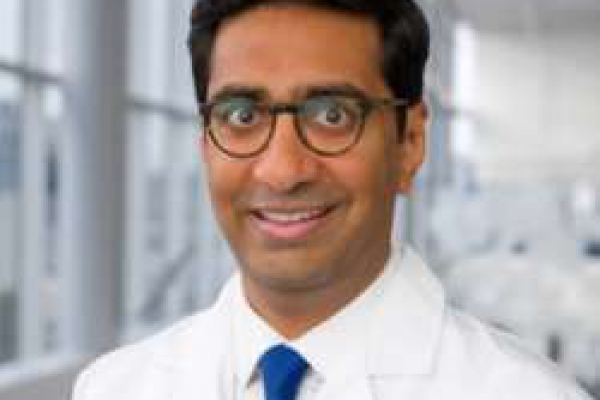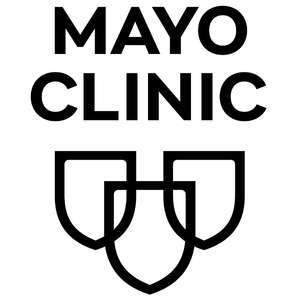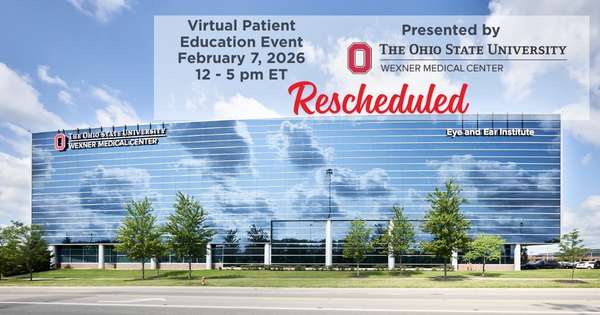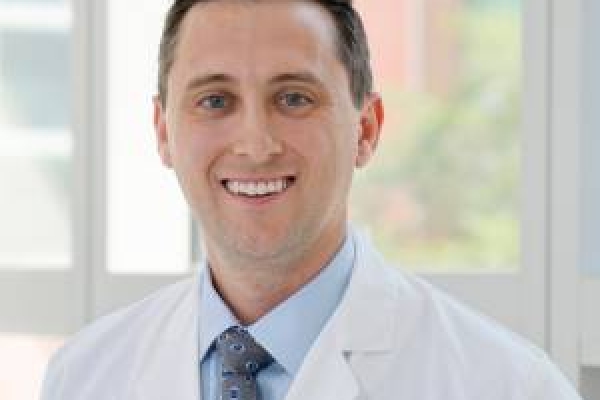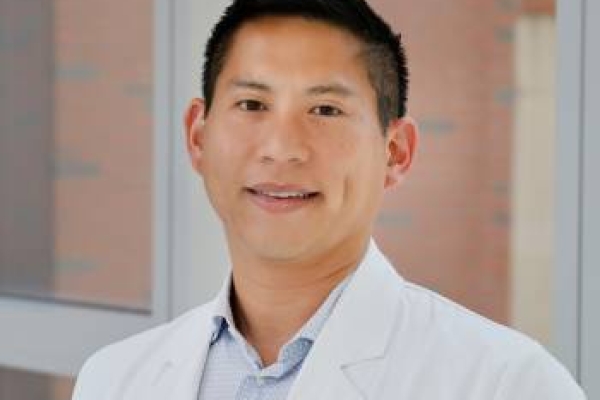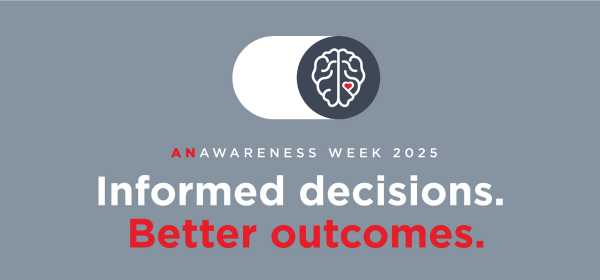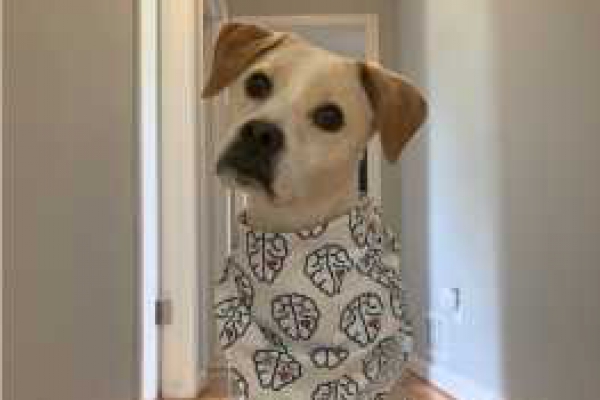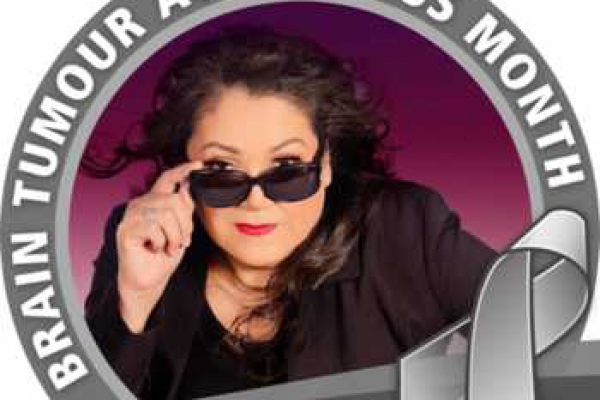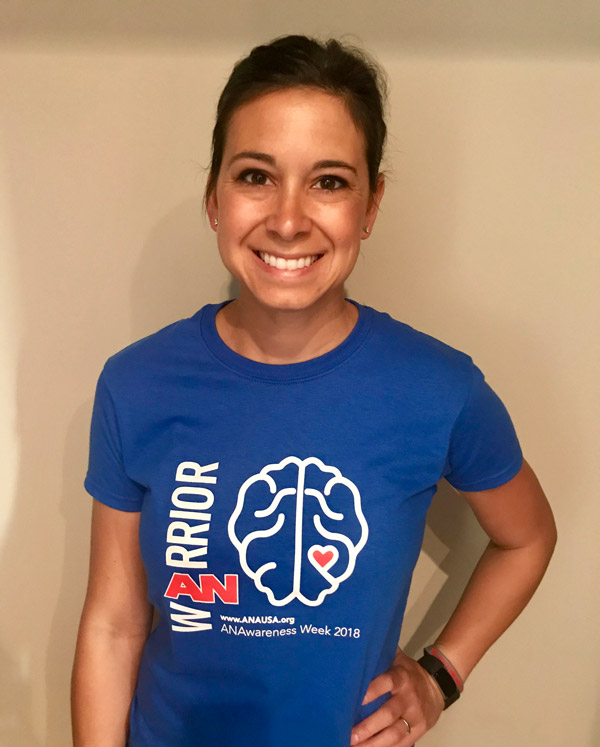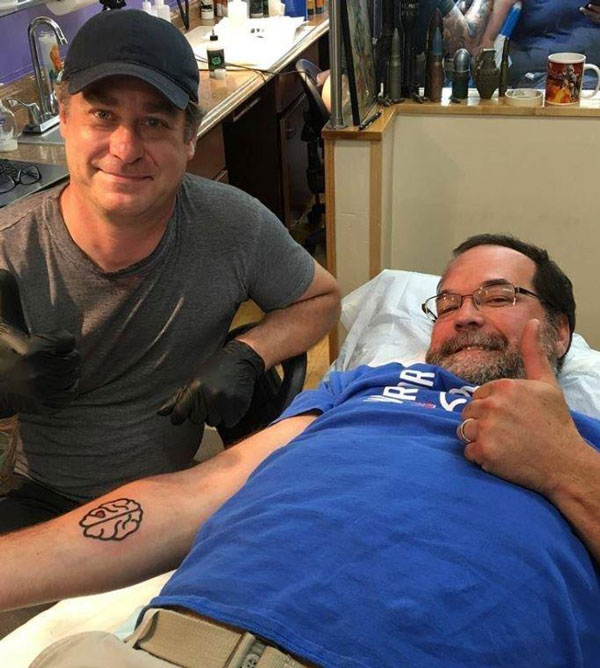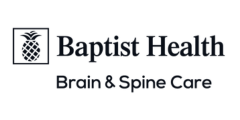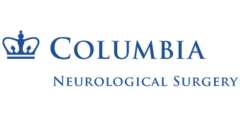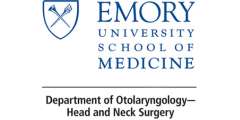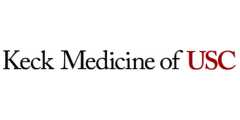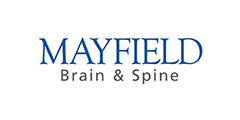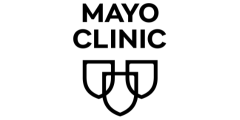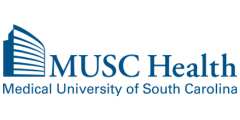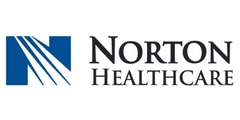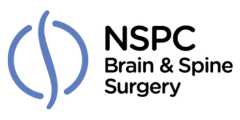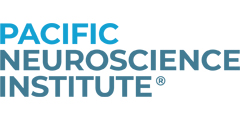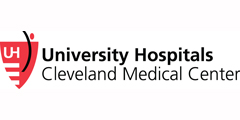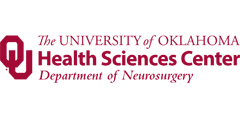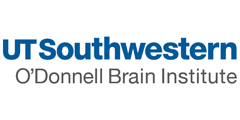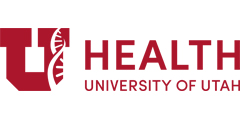- Details
Deutshe
Dies ist ein Podcast, der )enthält einige grundlegende informationen über das Akustikneurinom.
Willkommen auf der Acoustic Neuroma Association Website!
Unsere Website, anausa.org, kann Ihnen mit Informationsmaterialien und anderen Ressourcen helfen. Melden Sie heute an!
Español
Neuroma acústico video con el Dr. Alfredo Quiñones-Hinojosa
Bienvenido a Acoustic Neuroma Association. Nuestro sitio web puede ayudarlo con materiales y recursos y conectarse con un voluntario de habla hispana, ¡como yo! Regístrate hoy.
- Details
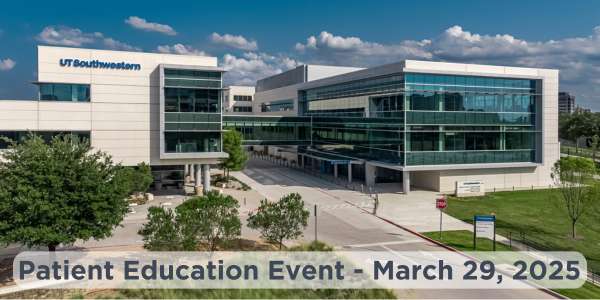
ANA Patient Education Event
Hosted by
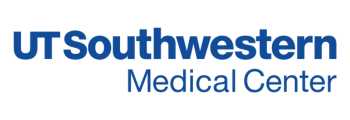
Saturday, March 29, 2025
8:00 am - 4:00 pm CT
Thank you to the fantastic team from UT Southwestern for a terrific event!
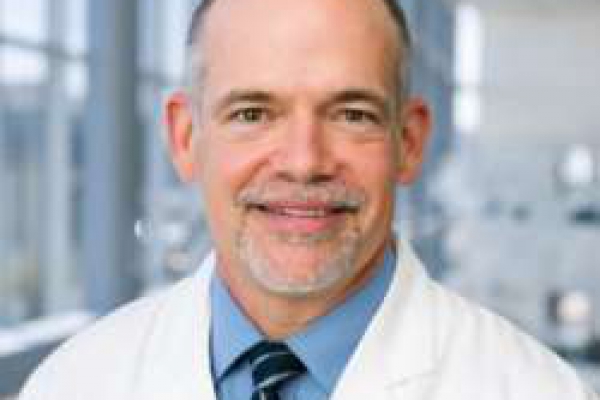

Walter Kutz, M.D. is a professor of Otolaryngology and Neurological Surgery at UT Southwestern Medical Center and serves as Director of the Neurotology Fellowship. He completed his neurotology fellowship at the House Ear Institute in Los Angeles, following residency training in Otolaryngology-Head and Neck Surgery at Baylor College of Medicine. With extensive experience in treating acoustic neuromas, Dr. Kutz is dedicated to providing personalized care to help patients achieve the best possible outcomes, including preserving hearing and improving quality of life. He frequently speaks at national and international events to share his expertise and advancements in managing acoustic neuromas. Dr. Kutz’s research focuses on innovative treatment approaches for acoustic neuroma, and he has authored over 100 publications and book chapters aimed at improving patient care and outcomes.
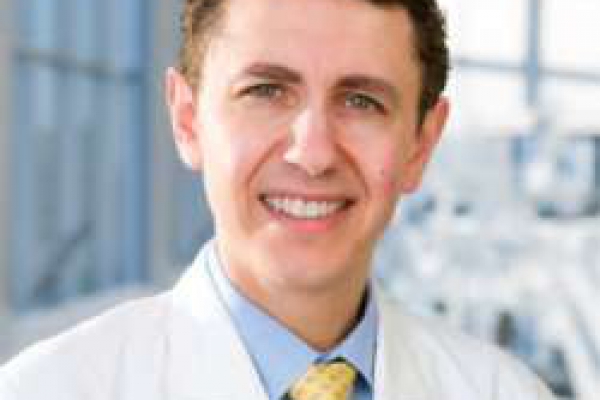

Daniel Killeen, MD is an Assistant Professor at UT Southwestern Medical Center specializing in Neurotology/Otology and Skull Base Surgery (medical and surgical treatment of diseases and tumors of the ear and lateral skull base, as well as hearing and vestibular disorders) at University Hospitals within the Department of Otolaryngology – Head and Neck Surgery. He is dual board-certified in Otolaryngology/Head and Neck Surgery and Neurotology and Otology (adult and pediatric), and is a Fellow of both the American Academy of Otolaryngology-Head and Neck Surgery and the American Neurotologic Society. He has expertise in endoscopic ear surgery and surgical approaches for lateral skull base tumors such as Acoustic Neuromas/vestibular schwannomas. Dr. Killeen’s clinical interests include acoustic neuroma/vestibular schwannoma treatment -- both microsurgical resection and radiosurgery, endoscopic ear surgery for surgical treatment of hearing disorders such as stapedotomy for otosclerosis, cochlear implantation, treatment of chronic ear disease, and skull base surgery including surgical treatment of tumors of the ear. Daniel Killeen is a graduate of Harvard University, obtaining a Bachelor of Arts in Molecular and Cellular Biology (cum laude with departmental High Honors), and then earned his Doctorate of Medicine at Harvard Medical School. Dr. Killeen subsequently completed an Otolaryngology residency at UT Southwestern Medical Center, followed by a fellowship in Neurotology/Otology at UT Southwestern Medical Center. He worked at the University of Alabama at Birmingham, where he served as an Assistant Professor and the Director of Endoscopic Ear Surgery from 2021-2022. Most recently, he worked as an Assistant Professor at Case Western Reserve Medical Center and University Hospitals Cleveland Medical Center
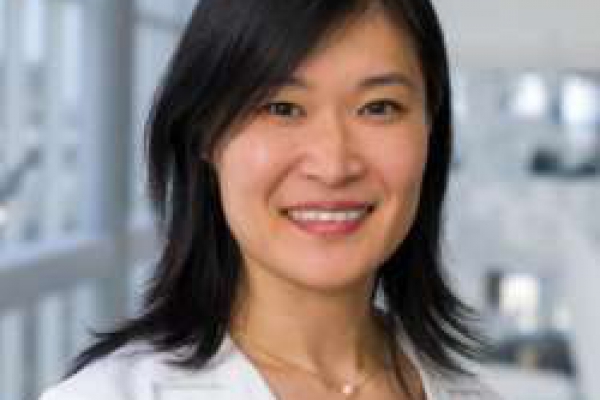

Hitomi Sakano, M.D., Ph.D., is an Assistant Professor in the Department of Otolaryngology - Head and Neck Surgery at UT Southwestern Medical Center. Dr. Sakano earned her medical degree and a doctoral degree in Neurobiology and Behavior at the University of Washington in Seattle through the Medical Scientist Training Program. She completed residency in Otolaryngology at the University of Washington Medical Center and fellowship in Neurotology at the University of California San Diego Medical Center. She is certified by the American Board of Otolaryngology in Otolaryngology and in Neurotology. She is a Fellow of the American College of Surgeons and a member of the Triological Society and the American Academy of Otolaryngology – Head and Neck Surgery. She specializes in disorders of the ear and skull-base tumors and her research focus is on auditory brainstem development and auditory processing. She has delivered invited lectures, contributed book chapters, and published numerous academic articles related to her areas of expertise.
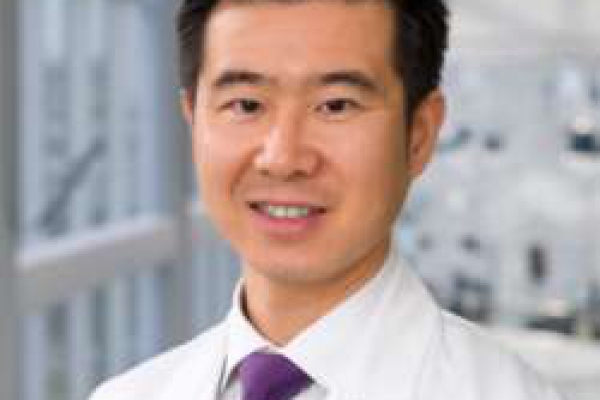

Matthew Sun, M.D., is an Assistant Professor in the Department of Neurological Surgery at UT Southwestern Medical Center. He specializes in the treatment of skull base tumors including meningiomas, vestibular schwannomas, pituitary tumors, and other brain tumors. He offers treatments through all modalities, including conventional open cranial surgery, endoscopic minimally invasive surgery, and radiosurgery.
Dr. Sun earned his medical degree at the University of California, San Francisco. He completed a residency in neurological surgery at the University of California, Los Angeles. Then, he completed a combined cerebrovascular and skull base fellowship at the University of Miami’s Jackson Memorial Hospital with Dr. Jacques Morcos.
He joined the UT Southwestern faculty in 2023.
Dr. Sun’s research focuses developing novel immunotherapies for meningiomas and other skull base tumors. He has authored over 60 publications in neurosurgery and winning numerous awards from national neurosurgery and neuro-oncology organizations.
Outside of work, Dr. Sun enjoys traveling, simulated racing, Formula 1, going to the gym, hiking, and spending time with family.
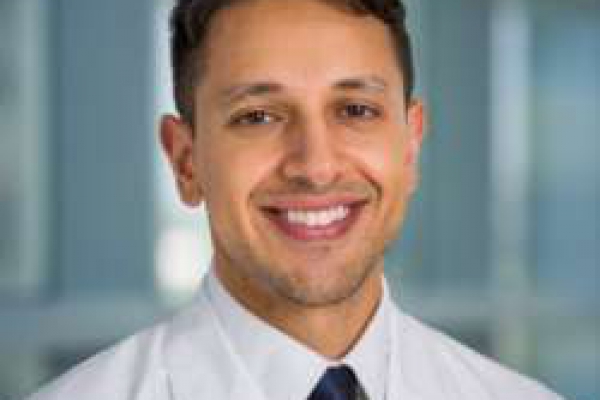

Zabi Wardak, M.D., Associate Professor, Chief of Central Nervous System Radiation Oncology Service, and Medical Director of the Gamma Knife Program, earned his medical degree from SUNY Upstate Medical University in New York and completed his residency training in radiation oncology at UT Southwestern Medical Center, where he served as Chief Resident. He has additional advanced training and certification in the use of Gamma Knife Stereotactic Radiosurgery (SRS) and CyberKnife Stereotactic Radiotherapy. He is director of the UT Southwestern Gamma Knife Training Program and Stereotactic Body Radiotherapy Training Program which educates physicians from around the world. Dr. Wardak specializes in treating benign and malignant brain and spinal cord tumors for both adults and pediatric patients with a focus on stereotactic radiosurgery (SRS) and stereotactic body radiation therapy (SBRT).
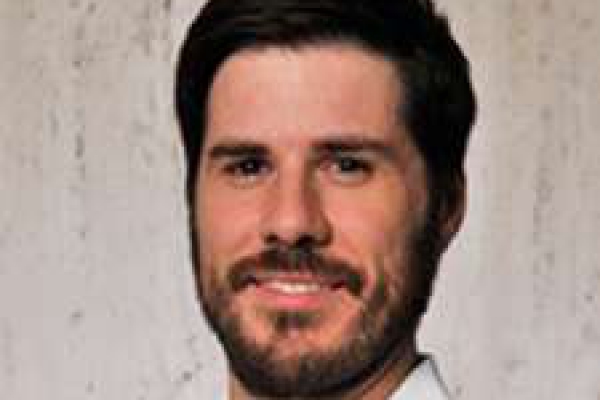

Samuel Barnett, M.D., is Professor of Neurological Surgery at UT Southwestern Medical Center. He is originally from Cincinnati, Ohio, and received his medical degree from the University of Cincinnati College of Medicine. He completed his neurosurgery residency at UT Southwestern and then a clinical fellowship in skull base and cerebrovascular neurosurgery at the University of South Florida working with Harry R. van Loveren, M.D., a prominent skull base surgeon.
As Co-director of the Comprehensive Skull Base Surgery Program at UT Southwestern Medical Center, Dr. Barnett has extensive experience in lateral skull base surgery, particularly acoustic neuromas. Dr. Barnett is also specially trained in radiosurgery and utilizes this, along with open surgery and observation, to offer his patients the best possible management of their particular need.
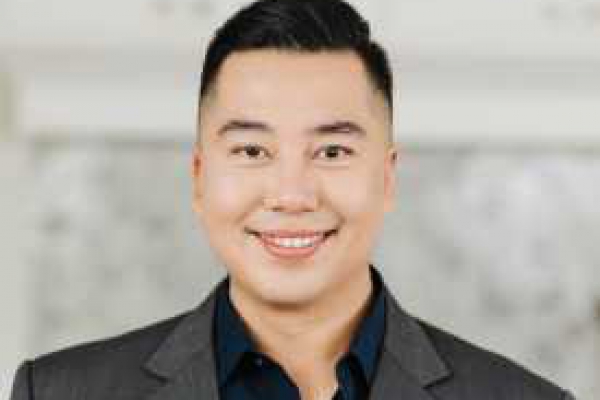

Shin Beh, MD is the Founder and Director of the Beh Center for Vestibular & Migraine Disorders. He completed his neurology residency at the University of Texas Southwestern Medical Center, and a unique fellowship in neuroimmunology, neuro-otology, and neuro-ophthalmology at UT Southwestern Medical Center, Johns Hopkins University Medical Center, and New York University Medical Center. Dr. Beh was then recruited as Assistant Professor of Neurology at UT Southwestern, where he founded the Vestibular & Neuro-Visual Disorders Clinic. He has published numerous papers, including many articles on vestibular migraine, and the use of neuromodulation devices on the condition. Dr. Beh is also the author of Victory Over Vestibular Migraine, The Migraine Manual, Disembark: Overcoming Mal de Debarquement Syndrome, and PREVAIL over PPPD, and is the co-author of The Mediterranean Migraine Diet.
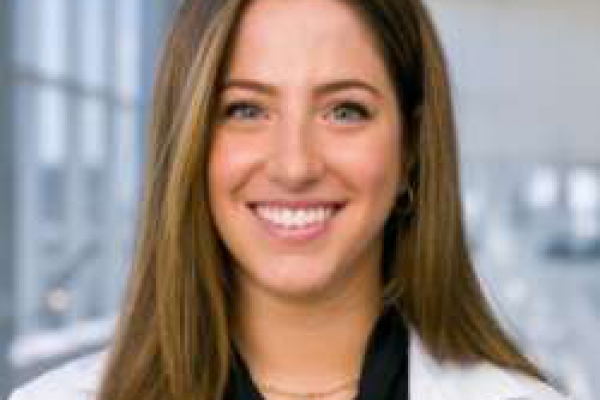

Dr. Kelly Martin, Au.D., CCC-A is a clinical audiologist and faculty associate with the department of Otolaryngology at UT Southwestern Medical Center in Dallas, Texas. She received her Bachelor of Arts in Communication Sciences and Disorders, minor in Africana Studies, and ASL certificate before completing her Doctorate of Audiology at the University of Pittsburgh. Her clinical interests and areas of expertise include the diagnosis and management of hearing loss, adult hearing aids, osseointegrated devices, and cochlear implants. Some of Dr. Martin's occupational passions include on-ear measurements with use of real-ear-to-coupler difference and transitioning adult hearing aid users into cochlear implant users. Dr. Martin is also a fellow of the American Academy of Audiology (AAA) and has her Certification of Clinical Competence from the American Speech & Hearing Association (ASHA).
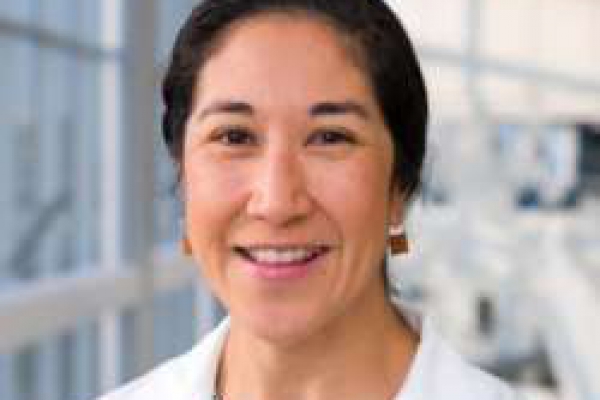

Ariel Frost, MD, is an Assistant Professor in the Department of Otolaryngology at UT Southwestern Medical Center. She specializes in head and neck microvascular reconstructive surgery, facial plastic surgery, and facial nerve disorders. Dr. Frost graduated cum laude from Princeton University and earned her medical degree at Wake Forest University School of Medicine. She completed a residency in otolaryngology and head and neck surgery at the University of Pennsylvania, where she was inducted into the national medical honor society Alpha Omega Alpha and awarded the Carniol Prize for Excellence in Facial Plastic Surgery. She gained advanced training through a fellowship in facial plastic and reconstructive surgery at the Cleveland Clinic.
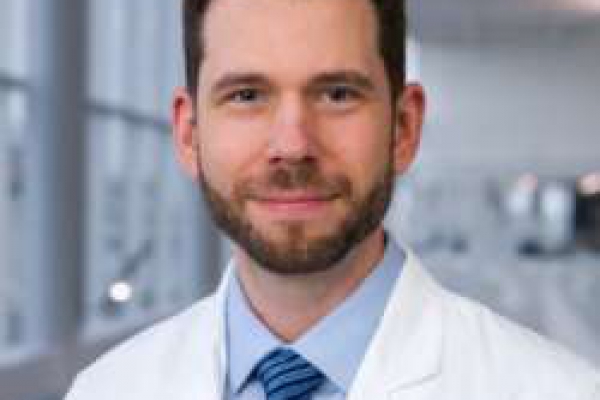

Eli A. Gordin, M.D., is an Associate Professor in the Department of Otolaryngology at UT Southwestern Medical Center. He specializes in facial plastic and microvascular reconstructive surgery.
Dr. Gordin earned his medical degree at Jefferson Medical College in Philadelphia. He completed residency in otolaryngology–head and neck surgery at Thomas Jefferson University Hospital and received advanced training in facial plastic and reconstructive surgery and microvascular surgery through an accredited AAFPRS fellowship at Baylor Scott & White All Saints Medical Center under Dr. Yadranko Ducic.
Certified by the American Board of Otolaryngology and the American Board of Facial Plastic and Reconstructive Surgery, Dr. Gordin joined the UT Southwestern faculty in 2017.
Dr. Gordin’s research and clinical interests include plastic and reconstructive surgery of the face, head, and neck, with an emphasis on microvascular free tissue transfer, rhinoplasty, facial trauma, and facial paralysis.
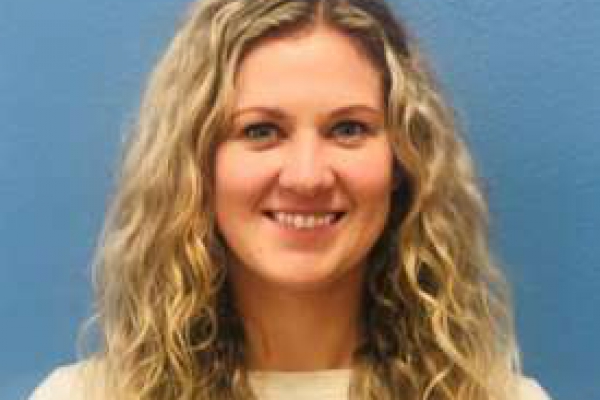

Egle Richards, PhD
Egle Richards received her Doctor of Physical therapy degree at University of Texas Southwestern Medical Center in 2013. She did a neurological physical therapy residency for 15 months and became board-certified in Neurologic Physical Therapy in 2016. Her current area of clinical practice is in an outpatient neurological physical therapy clinic at UT Southwestern where 50 % of her time she spends treating patients with various vestibular pathologies and 50 % treating patients living with other various neurological conditions. Dr. Richards’s has over 10 years of experience in treating patient with vestibular pathologies. She is a member of Neurologic APTA sections as well as Vestibular Disorder’s Association. She received her vestibular rehabilitation certificate in 2017.
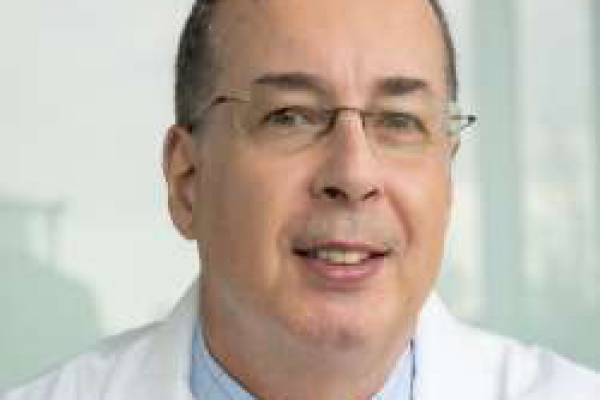

Dr. Kenneth Dekleva holds the McKenzie Foundation Chair in Psychiatry I at The University of Texas Southwestern Medical Center in Dallas, Texas, where he is a professor of Psychiatry and director of Psychiatry-Medicine Integration; he is also a Salzburg Global fellow and Senior fellow, George HW Bush Foundation for US-China Relations. He is a graduate of UTSW Medical School, where he also trained in adult psychiatry. From 2002 to 2016, he served as a senior U.S. diplomat and regional medical officer/psychiatrist with the U.S. Department of State, mostly overseas, but also in a leadership role (from 2013 to 2015) as director of the U.S. State Department’s worldwide diplomatic mental health program, providing mental health support to 60,000 U.S. diplomats and family members based overseas and in the United States. He has published widely in the Journal of the American Academy of Psychiatry and the Law, The Hill, The Cipher Brief, 38 North and The Diplomat and given numerous interviews, podcasts, and lecture presentations in academic, media, private sector, and U.S. government settings.
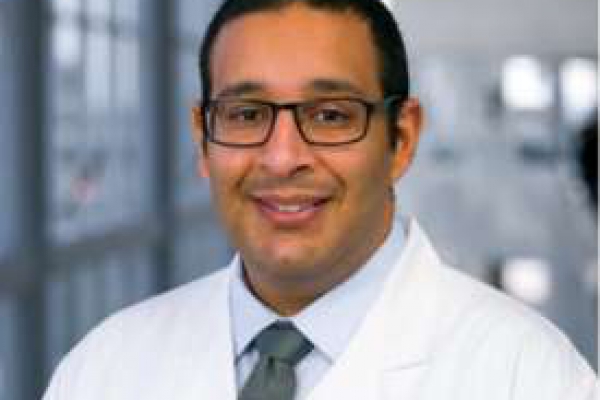

Michael Youssef, M.D., is an Assistant Professor in the Department of Neurology and the Department of Hematology and Oncology at UT Southwestern Medical Center. He specializes in neuro-oncology.
Dr. Youssef earned his medical degree at the Medical University of South Carolina. He completed a residency in neurology at Baylor College of Medicine and then received advanced training in neuro-oncology through a fellowship at the University of Texas MD Anderson Cancer Center. He joined the neurology faculty in 2020.
Dr. Youssef’s clinical and research interests include glioblastoma; primary brain tumors; rare brain tumors, including ependymoma and medulloblastoma; neurologic complications of systemic cancer therapy; brain metastasis; and leptomeningeal disease. He also is clinically interested in neurofibromatosis, schwannomatosis, and sees patients with genetic predisposition to neurologic cancers.
He is a member of the American Academy of Neurology, the American Brain Tumor Association, the Society for Neuro-Oncology, and the American Society for Clinical Oncology.
- Details
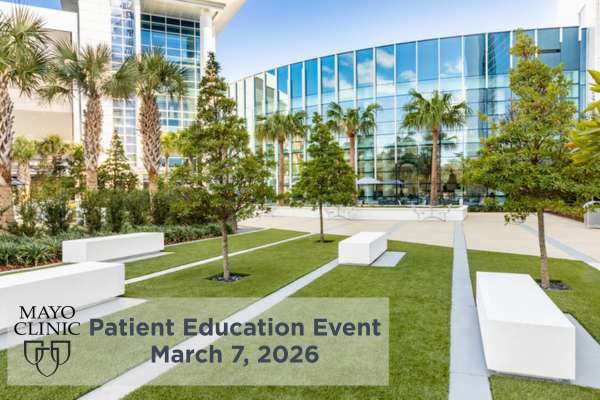
ANA Patient Education Event
Hosted by
Saturday, March 7, 2026
7:30 am - 3:30 pm ET
Join us for our upcoming Patient Education Event at Mayo Clinic’s beautiful Jacksonville, Florida campus on Saturday, March 7.
This free event is hosted by Mayo Clinic Florida’s Acoustic Neuroma Program, which specializes in the treatment of acoustic neuromas. Mayo Clinic experts use innovative, patient-centered techniques to achieve exceptional outcomes.
Hear directly from Mayo Clinic’s integrated care team – including neurotologists, neurosurgeons, neurologists, facial plastic surgeons, and audiologists – as they share the latest advances in treatment decision-making, recovery, and patient experience.
Whether you’re newly diagnosed or already navigating your care and exploring treatment options, you’ll find valuable information, inspiration, and connection at this event. Don’t miss this opportunity to learn, connect, and engage with experts in acoustic neuroma treatment!
|
Scheduled Topics Include: |
Scheduled Presenters
Joseph Breen, MD
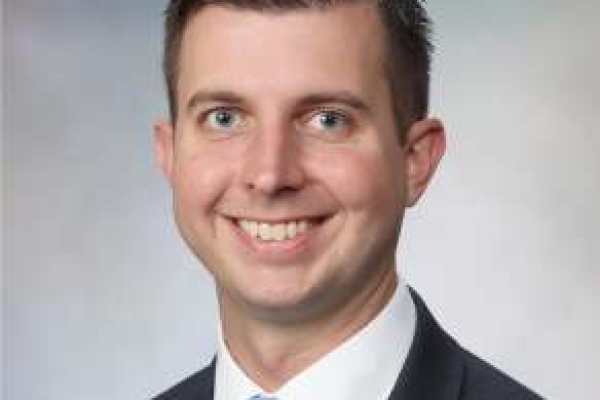

Joseph Breen, M.D., serves as chief of the Division of Otology and Neurotology at Mayo Clinic in Florida. As an expert ear surgeon, Dr. Breen specializes in the diagnosis and treatment of acoustic neuromas (vestibular schwannomas), hearing loss, chronic ear infections and rare or complex ear disorders.
Richard Byrne, MD
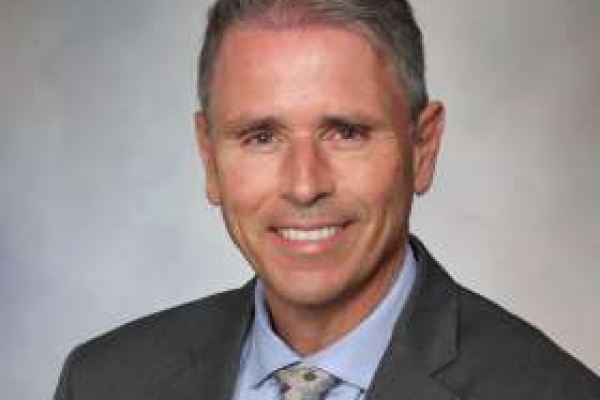

Richard Byrne, M.D., is the Chair of Neurosurgery at Mayo Clinic in Florida. He was recently named President of the Society of Neurological Surgeons and has served in leadership roles in numerous professional organizations. Dr. Byrne has 25 years' surgical experience and expertise in all types of brain tumor surgery, including acoustic neuromas.
Mallory Raymond, MD
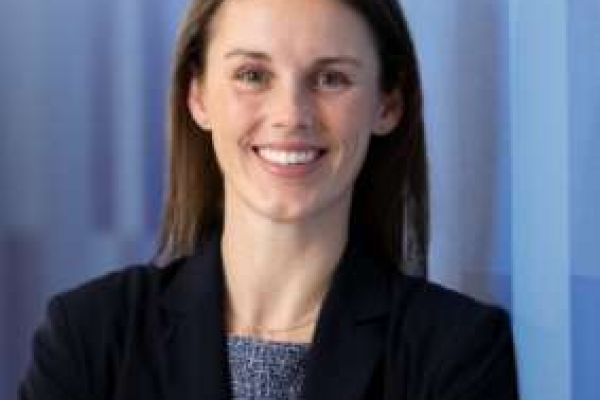

Mallory Raymond, M.D., is a fellowship-trained Otologist/Neurotologist and Assistant Professor of Otolaryngology–Head and Neck Surgery at Mayo Clinic in Jacksonville, Florida. She specializes in advanced surgical care for outer, middle, and inner ear disorders, with expertise in the management of complex hearing and balance conditions. Dr. Raymond is dedicated to delivering leading-edge, patient-centered care for individuals with acoustic neuromas and other skull base disorders.
Jennifer Peterson, MD
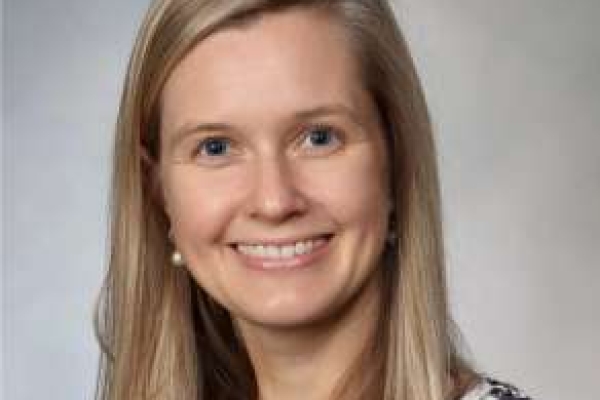

Jennifer Peterson. M.D., is an Associate Professor in Radiation Oncology with a joint appointment in Neurosurgery at Mayo Clinic in Florida. She leads clinical research into CNS tumors—including acoustic neuroma—focusing on optimizing radiotherapy strategies that balance efficacy with minimizing toxicity.
Alfredo Quinones-Hinojosa, MD
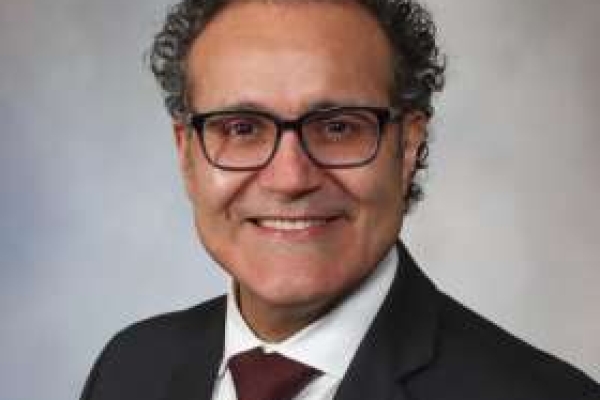

Alfredo Quinones-Hinojosa, M.D., is a neurosurgeon and former chair of the Department of Neurologic Surgery at Mayo Clinic in Florida, where he also held the Monica Jacoby Chair and the William J. and Charles H. Mayo Professorship. His clinical and research work focuses on advanced surgical treatment of brain and spinal tumors, functional mapping, minimally invasive skull base approaches, and NIH-funded research aimed at curing brain cancer.
Christine Cordova, M.D.
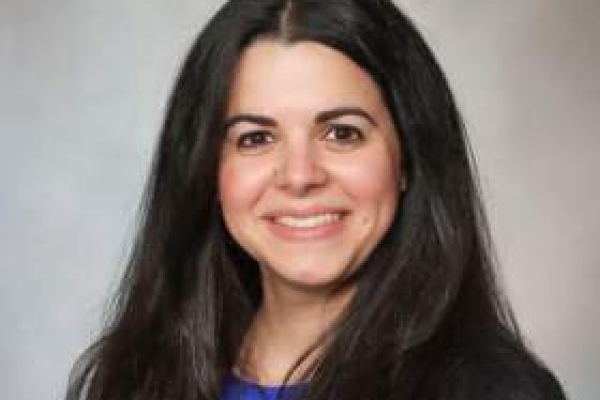

Christine Cordova, M.D., is a medical oncologist who specializes in primary brain and spine tumors. She has a special interest in molecular testing of tumors, biomarkers of disease, and novel therapies. Dr. Cordova follows patients needing therapy and who are on surveillance for brain tumors or metastatic disease. She is engaged in clinical research for her patients.
Ninoska Alvarez, PT, MSPT
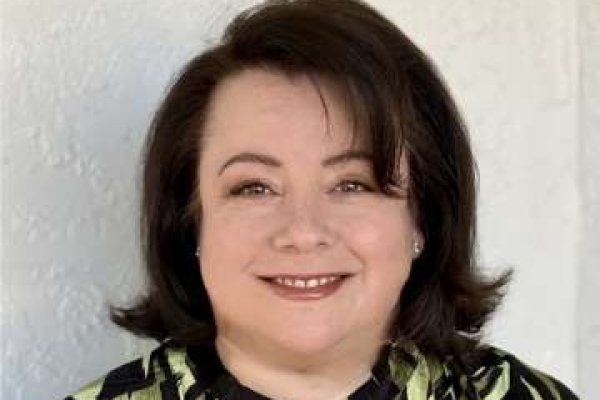

Ninoska Alvarez, P.T., MSPT, serves as lead physical therapist at the Brooks Balance Center in Jacksonville, Florida. A vestibular-certified therapist since 2006, she has focused her practice on treating vestibular disorders for nearly 20 years across both inpatient and outpatient settings. She has worked at the Brooks Balance Center—northeast Florida’s only specialty center for vestibular disorders—since 2008.
Deanna Menapace, MD
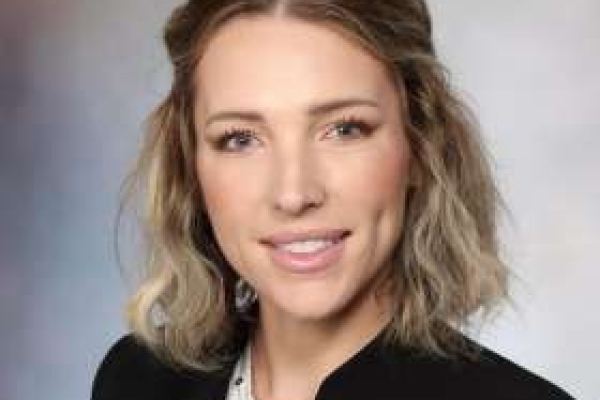

Deanna Menapace, M.D., is the Chief of the Division of Facial Plastic & Reconstructive Surgery in the Department of Otolaryngology at Mayo Clinic in Florida. Her clinical expertise includes the management of facial nerve dysfunction, with a focus on both cosmetic and functional interventions to improve facial comfort, quality of life and restore facial symmetry.
Greta Stamper, AuD, PhD
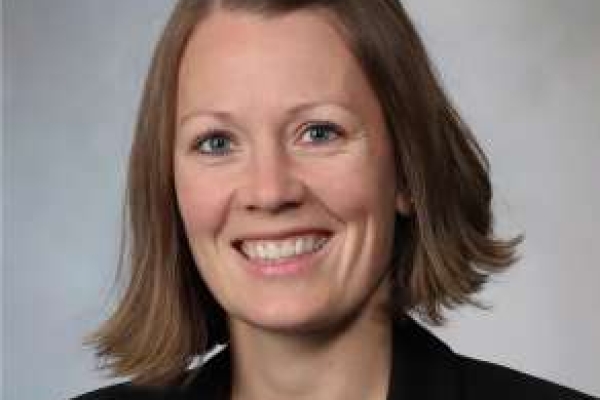

Greta Stamper, Au.D., Ph.D., is a clinical and research audiologist in the Department of Otolaryngology at Mayo Clinic in Florida. She serves as chief of the Division of Audiology and leads adult aural rehabilitation and hearing-loss prevention efforts.
Joseph Breen, MD


Joseph Breen, M.D., serves as chief of the Division of Otology and Neurotology at Mayo Clinic in Florida. As an expert ear surgeon, Dr. Breen specializes in the diagnosis and treatment of acoustic neuromas (vestibular schwannomas), hearing loss, chronic ear infections and rare or complex ear disorders.
Richard Byrne, MD


Richard Byrne, M.D., is the Chair of Neurosurgery at Mayo Clinic in Florida. He was recently named President of the Society of Neurological Surgeons and has served in leadership roles in numerous professional organizations. Dr. Byrne has 25 years' surgical experience and expertise in all types of brain tumor surgery, including acoustic neuromas.
Mallory Raymond, MD


Mallory Raymond, M.D., is a fellowship-trained Otologist/Neurotologist and Assistant Professor of Otolaryngology–Head and Neck Surgery at Mayo Clinic in Jacksonville, Florida. She specializes in advanced surgical care for outer, middle, and inner ear disorders, with expertise in the management of complex hearing and balance conditions. Dr. Raymond is dedicated to delivering leading-edge, patient-centered care for individuals with acoustic neuromas and other skull base disorders.
Jennifer Peterson, MD


Jennifer Peterson. M.D., is an Associate Professor in Radiation Oncology with a joint appointment in Neurosurgery at Mayo Clinic in Florida. She leads clinical research into CNS tumors—including acoustic neuroma—focusing on optimizing radiotherapy strategies that balance efficacy with minimizing toxicity.
Alfredo Quinones-Hinojosa, MD


Alfredo Quinones-Hinojosa, M.D., is a neurosurgeon and former chair of the Department of Neurologic Surgery at Mayo Clinic in Florida, where he also held the Monica Jacoby Chair and the William J. and Charles H. Mayo Professorship. His clinical and research work focuses on advanced surgical treatment of brain and spinal tumors, functional mapping, minimally invasive skull base approaches, and NIH-funded research aimed at curing brain cancer.
Christine Cordova, M.D.


Christine Cordova, M.D., is a medical oncologist who specializes in primary brain and spine tumors. She has a special interest in molecular testing of tumors, biomarkers of disease, and novel therapies. Dr. Cordova follows patients needing therapy and who are on surveillance for brain tumors or metastatic disease. She is engaged in clinical research for her patients.
Ninoska Alvarez, PT, MSPT


Ninoska Alvarez, P.T., MSPT, serves as lead physical therapist at the Brooks Balance Center in Jacksonville, Florida. A vestibular-certified therapist since 2006, she has focused her practice on treating vestibular disorders for nearly 20 years across both inpatient and outpatient settings. She has worked at the Brooks Balance Center—northeast Florida’s only specialty center for vestibular disorders—since 2008.
Deanna Menapace, MD


Deanna Menapace, M.D., is the Chief of the Division of Facial Plastic & Reconstructive Surgery in the Department of Otolaryngology at Mayo Clinic in Florida. Her clinical expertise includes the management of facial nerve dysfunction, with a focus on both cosmetic and functional interventions to improve facial comfort, quality of life and restore facial symmetry.
Greta Stamper, AuD, PhD


Greta Stamper, Au.D., Ph.D., is a clinical and research audiologist in the Department of Otolaryngology at Mayo Clinic in Florida. She serves as chief of the Division of Audiology and leads adult aural rehabilitation and hearing-loss prevention efforts.
- Details
ANA Virtual Patient Education Event
Hosted by The Ohio State University Wexner Medical Center
February 7, 2026
12:00 - 5:00 pm ET
Although the program is virtual, we carefully considered the potential for power outages and connectivity issues (both with presenters and viewers) that could affect our ability to deliver a professional and uninterrupted educational experience. Thank you for your understanding, and we look forward to seeing you on February 7th.

Scheduled presenters:
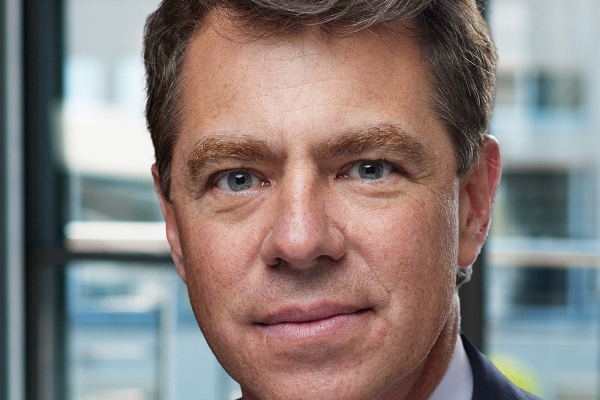

Oliver Adunka, MD
Dr. Adunka is an otolaryngologist with a specialization in skull base and neurotologic surgery. He is dedicated to advancing surgical techniques for the treatment of vestibular schwannoma and improving patient outcomes through multidisciplinary collaboration.
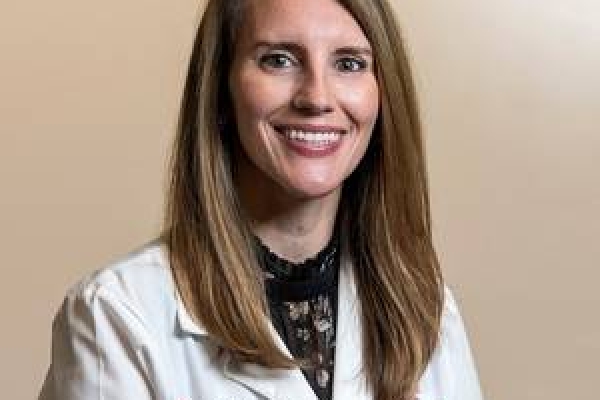

Meghan Hiss, AuD
Meghan Hiss is an audiologist specializing in hearing rehabilitation and auditory disorders. She is committed to improving patient outcomes through advanced hearing technologies and personalized care.
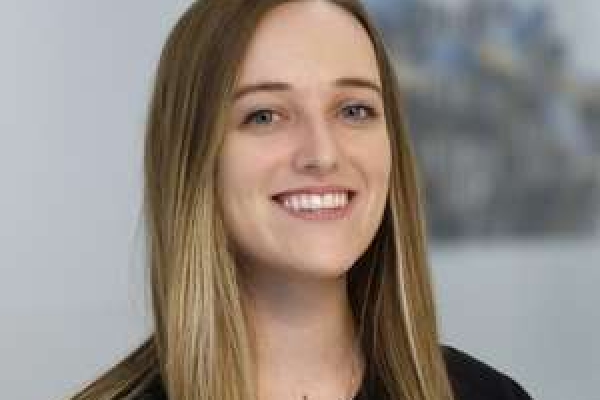

Elise Dole, PT, DPT
Elise Dole is a physical therapist with expertise in vestibular rehabilitation and neuro-oncology care. She focuses on helping patients regain balance and mobility following treatment for vestibular schwannoma.
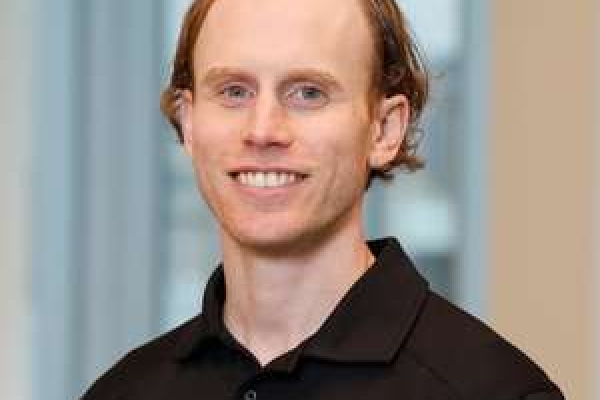

Steven Ciolek, PT, DPT
Steven Ciolek is a physical therapist specializing in neurological rehabilitation, particularly for patients affected by acoustic neuroma.
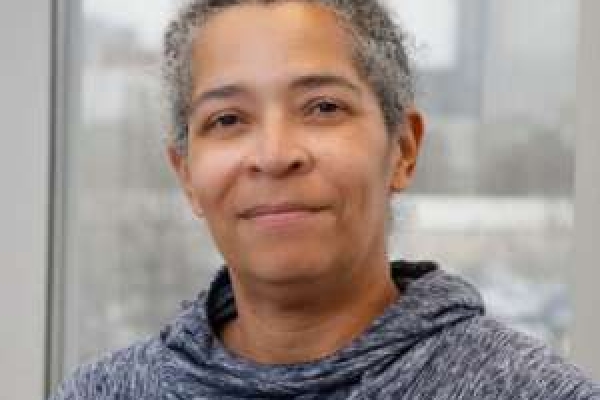

Shana McGrath, MA, CCC-SLP, is a speech language pathologist and evidence-based practice team lead focused on adult neurologic rehabilitation. She has specialized in the management of facial paralysis for over 10 years and works alongside a multidisciplinary team using an individualized evidence-informed approach with the holistic goal of improving each patient’s quality of life and achieving their functional goals.
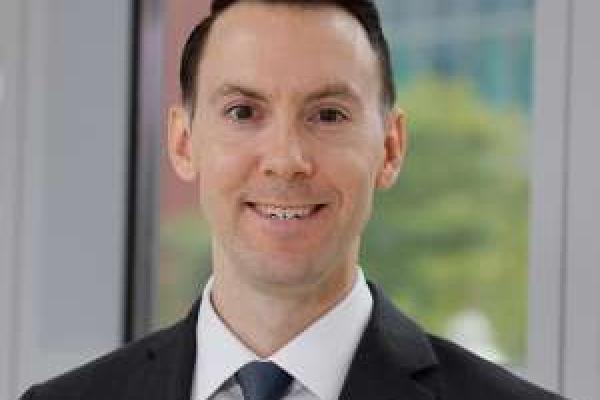

Kevin Quinn, MD, is a facial plastic and reconstructive surgeon at The Ohio State University Wexner Medical Center who specializes in the treatment of facial paralysis and facial nerve disorders. He is dedicated to helping patients regain facial function after injury or illness and offers both minimally invasive in‑office treatments and advanced surgical options when needed.
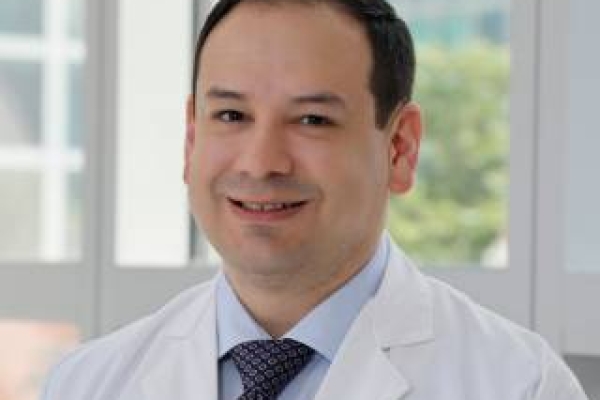

Desi Schoo, MD
Dr. Schoo is a cranial base surgeon who specializes in hearing loss, balance disorders, chronic middle ear disease, acute vestibular dysfunction, and skull base tumors.
- Details
ANAwareness Week 2025
June 8 - 14
Informed Decisions - Better Outcomes
All available recordings of our ANAwareness Week presentations
are now available in our video library and our member webinar library.
(click each picture to expand)
Chuck
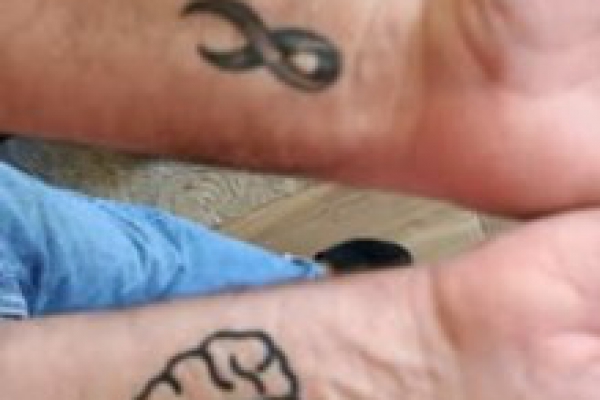

Acoustic Neuroma tattoos...ANA is Great !!
Jennifer


AN Warrior!(Translabyrinthine surgery March 2021)
Brenda


13 years since acoustic neuroma surgery! I'm thankful and blessed to make it through the struggles and accepting my new normal! Face numbness and loss of hearing remain, headaches have diminished over time! Praise God!
Megan
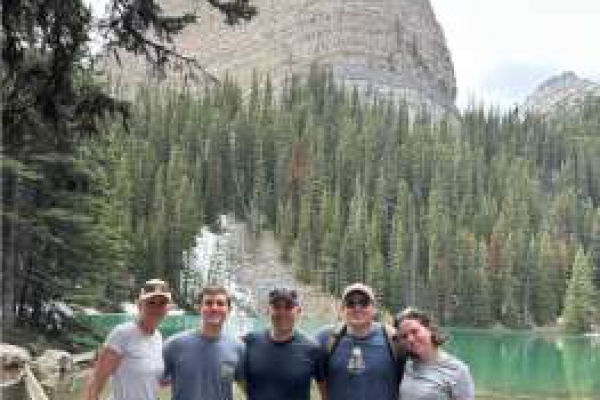

I had a 3.5cm acoustic neuroma surgically removed on 6/26/23. Here is a photo of our family vacation last week hiking in Banff, Alberta. We live in Austin, TX so the break from the heat was fantastic. What was even better was I was able to hike with my husband and kids again with balance and strength I haven’t had since pre-surgery. It was a long road to recovery but life is good! (That’s me on the left).
Yvette


Just celebrated my 7th ANniversary from retrosigmoid surgery and 10 years since diagnosis. I am so grateful for my successful outcome and my strength to keep pushing past the balance issues, headaches, hearing loss, etc. and enjoy this life!
Emily


My daughter and I celebrated Acoustic Neuroma Awareness Week and my 10th ANniversary raising money for the Acoustic Neuroma Association at the Walk4Hearing.
Bonny
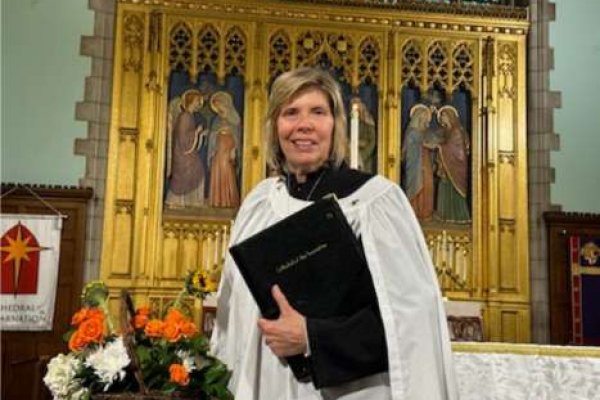

After AN surgery in 2017, I am happy to continue my part-time job as Choir Director and Organist.
Enrica
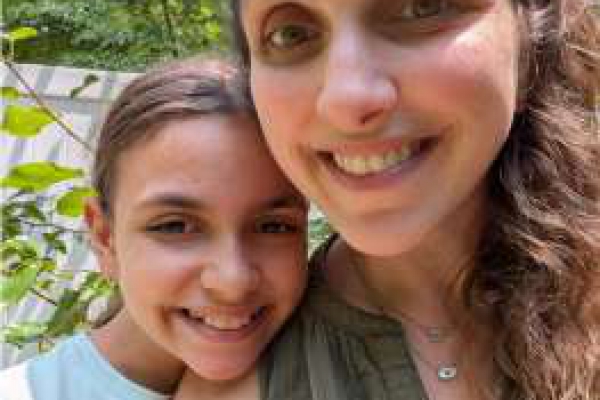

My daughter and I nine months post op from the translabyrinthine surgery. I am working on balance and dealing with delayed wound healing & headaches, but getting better!
Vivian


Diagnosed 7 years ago, had gamma knife radiation May 2025. Hope it works 🤞 Vivian Canada 🇨🇦
Mary
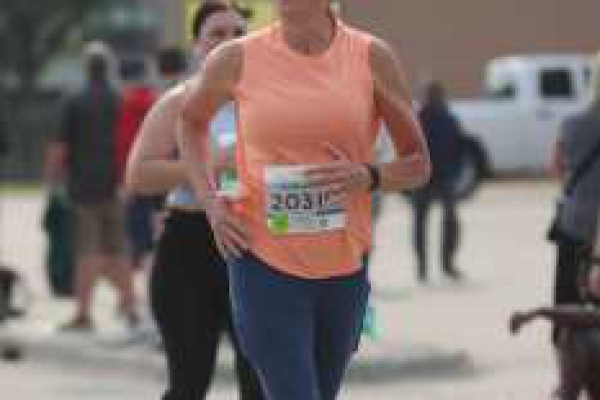

Mary – a little over a year after surgery. Not fast, but truly thankful
Melony


My name is Melony and I’m a 25 year old actor from Chicago, Illinois. I was diagnosed with a 4.5cm Unilateral Vestibular Schwannoma. On April 9th, 2025, I underwent a 13 hour surgery and I am currently 10 weeks post op. Big thanks to Dr. Stephen Magill, Dr. Kevin Zhan, and the team at Northwestern Memorial Hospital.
Kathy
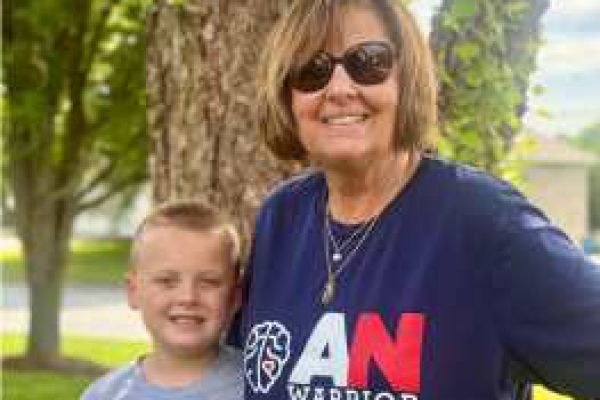

Kathy and Grandson Elijah
Amy
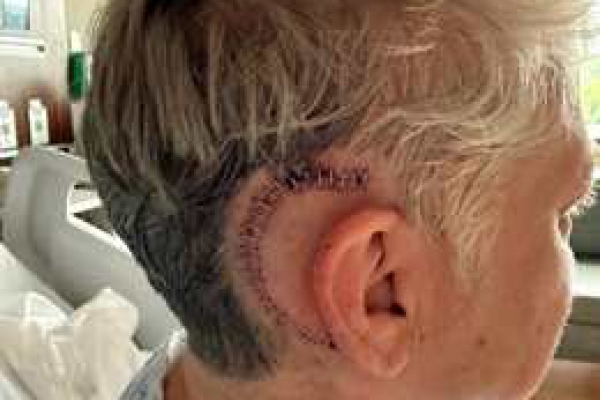

Perfect week to have mine removed.😊 This photo is from 6/14/25, two days post surgery.
Alexandra

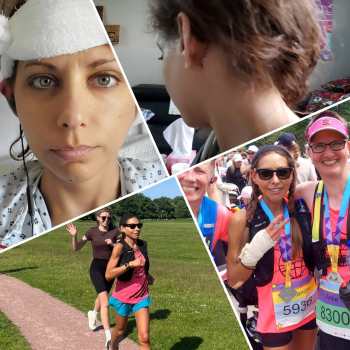
5 years post-op (3cm, translab). I celebrated by running my 5th half marathon and I'll be running my 5th marathon this October!
Laura
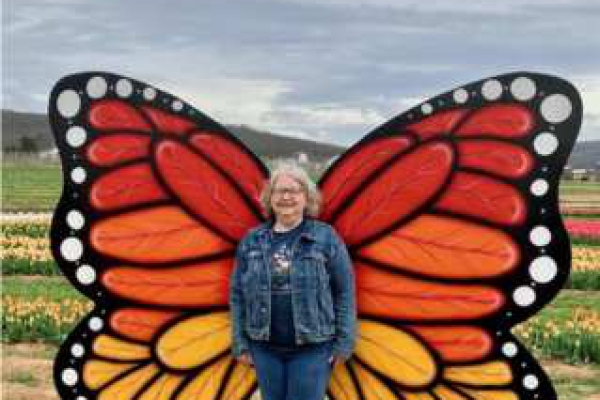

At the Tulip Festival in Fayetteville, Arkansas.
Brooke


2.5 years strong #ANwarrior
James
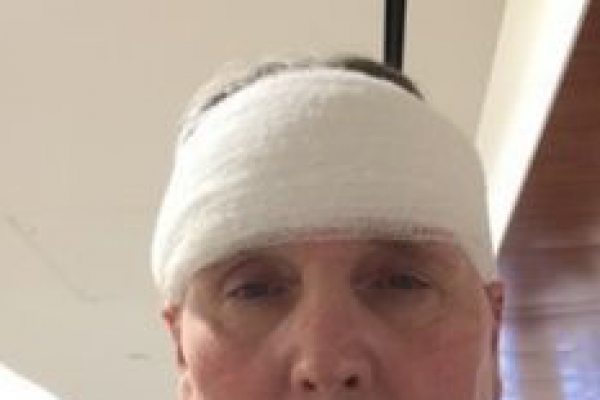

I am a 3-time AN warrior. Yes, 3 times the AN has grown back, and 2 brain surgeries.
Thank you to our presenting sponsor, Lilly,
and all of our sponsors for partnering with us.
